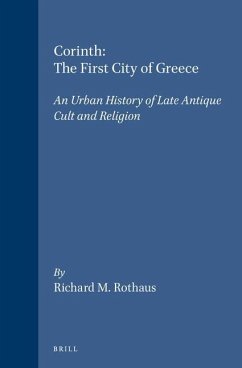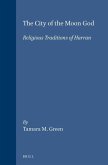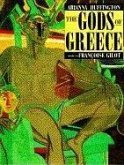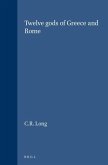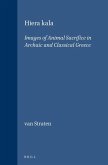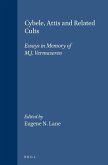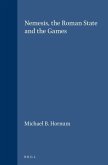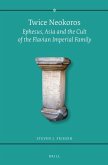This book addresses cult and religion in the city of Corinth from the 4th to 7th centuries of our era. The work incorporates and synthesizes all available evidence, literary, archaeological and other. The interaction and conflict between Christian and non-Christian activity is placed into its urban context and seen as simultaneously existing and overlapping cultural activity. Late antique religion is defined as cult-based rather than doctrinally-based, and thus this volume focuses not on what people believed, but rather what they did. An emphasis on cult activity reveals a variety of types of interaction between groups, ranging from confrontational events at dilapidated polytheist cult sites, to full polysemous and shared cult activity at the so-called "Fountain of the Lamps." Non-Christian traditions are shown to have been recognized and viable through the sixth century. The tentative conclusion is drawn that a clear definition of "pagan" and "Christian" begins at an urban level with the Christian re-monumentalization of Corinth with basilicas. The disappearance of "pagan" cult is best attributed to the development of a new city socially and physically based in Christianity, rather than any purely "religious" development.
Hinweis: Dieser Artikel kann nur an eine deutsche Lieferadresse ausgeliefert werden.
Hinweis: Dieser Artikel kann nur an eine deutsche Lieferadresse ausgeliefert werden.

